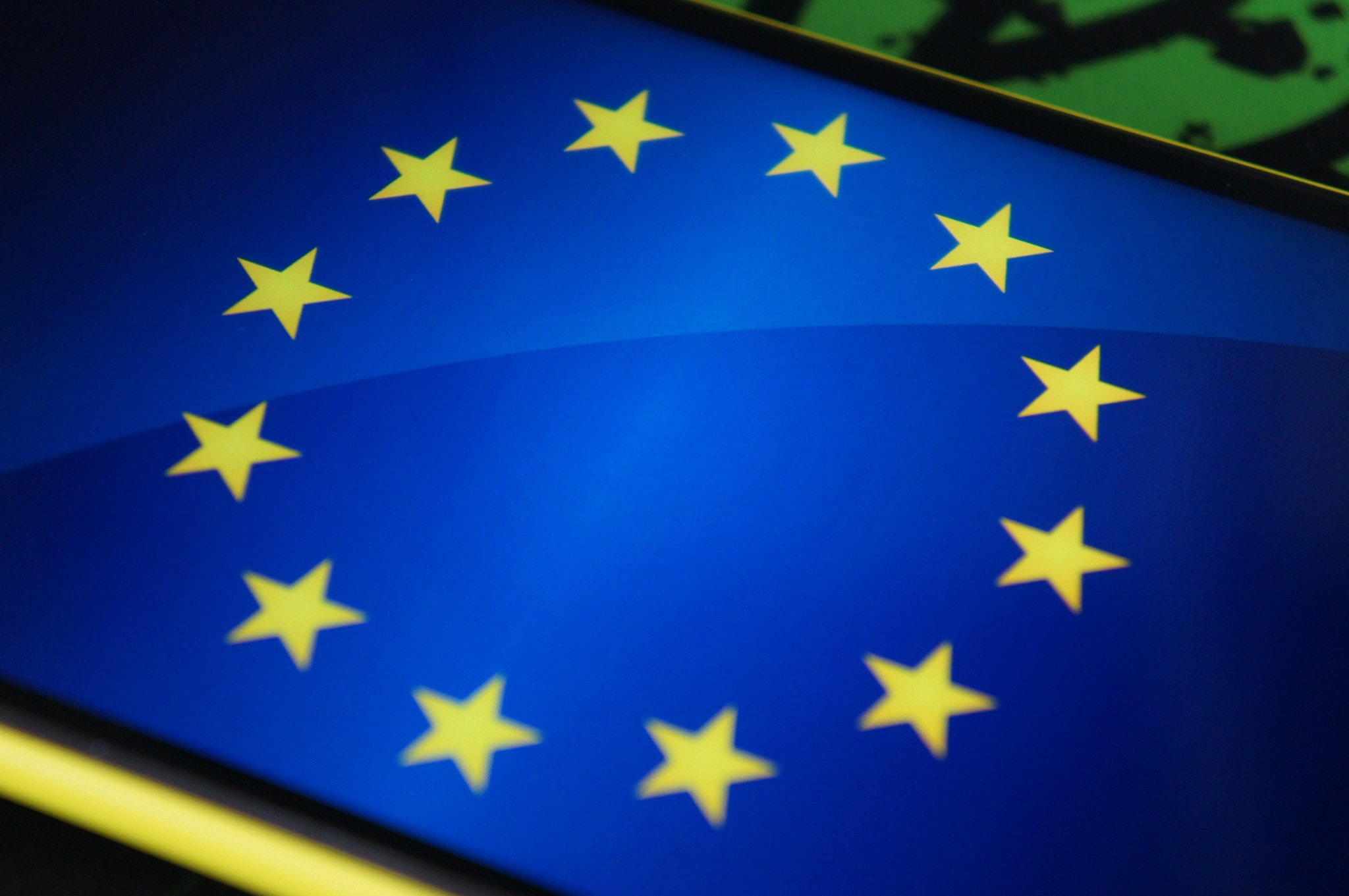Will EU roaming become more expensive after Brexit?
Are we in for a roaming price hike when the UK leaves the European Union?

With British voters having chosen to leave the European Union in the June 23 referendum, one of the many areas affected by "Brexit" is the cost of Brits using their phones on the continent. As it stands, EU law restricts how much operators based in one member state can charge for calls, texts and data in another. And in the next year roaming fees between EU countries will be abolished altogether.
So following the referendum result, what does the future hold for European roaming?
Staying in the EU would've meant an end to roaming fees altogether from June 2017.
Right now UK networks are bound by EU caps on roaming prices. Starting April 30 2016, calls could cost no more than €0.05, texts no more than €0.02, and data no more than €0.05 per megabyte. Roaming fees between EU countries are set be abolished altogether by June 15, 2017.
In effect, that would give subscribers to one EU network coverage throughout the union — assuming the appropriate roaming agreements are in place — thus opening up competition between international providers, particularly in border areas.
When the UK leaves the EU British networks would (eventually) be free to charge whatever they wanted for roaming on the continent. And equally, subscribers to EU networks would once again have to pay to roaming fees when visiting the UK.
Even so, this wouldn't happen overnight. Article 50 of the Treaty on European Union provides a two-year negotiation period for a member state seeking to leave the union. During this time the UK would remain subject to EU treaties and laws, including the planned abolition of roaming rates in June 2017. Exactly when Article 50 will be triggered has turned into a contentious political issue, with Prime Minister Theresa May saying it won't happen until 2017 — so it's possible "Brexit" won't be concluded until early 2019.
In theory there'd be nothing stopping networks from raising roaming prices — but this couldn't happen overnight.
This could place carriers (and their customers) in a precarious position whereby European roaming is free for a time, only for roaming fees to be reintroduced 18 months later.
Get the Windows Central Newsletter
All the latest news, reviews, and guides for Windows and Xbox diehards.
Even so, in a competitive market like the UK, rivalry between the carriers would likely keep post-Brexit roaming prices in check. While UK operators' roaming prices in some countries are extremely expensive, networks like Vodafone and EE have surprisingly palatable rates for many destinations outside the EU, including the United States, Australia and Canada. The situation may even highlight the issue of roaming fees, and allow some operators to differentiate by offering inclusive EU roaming even after the UK and EU part ways.
For the moment though, the big four haven't said much about any planned roaming changes, offering basically no information to the BBC as part of a recent feature leading up to the referendum. As with many other aspects of the Brexit issue, customers may just have to wait and see what happens once the dust has settled.

